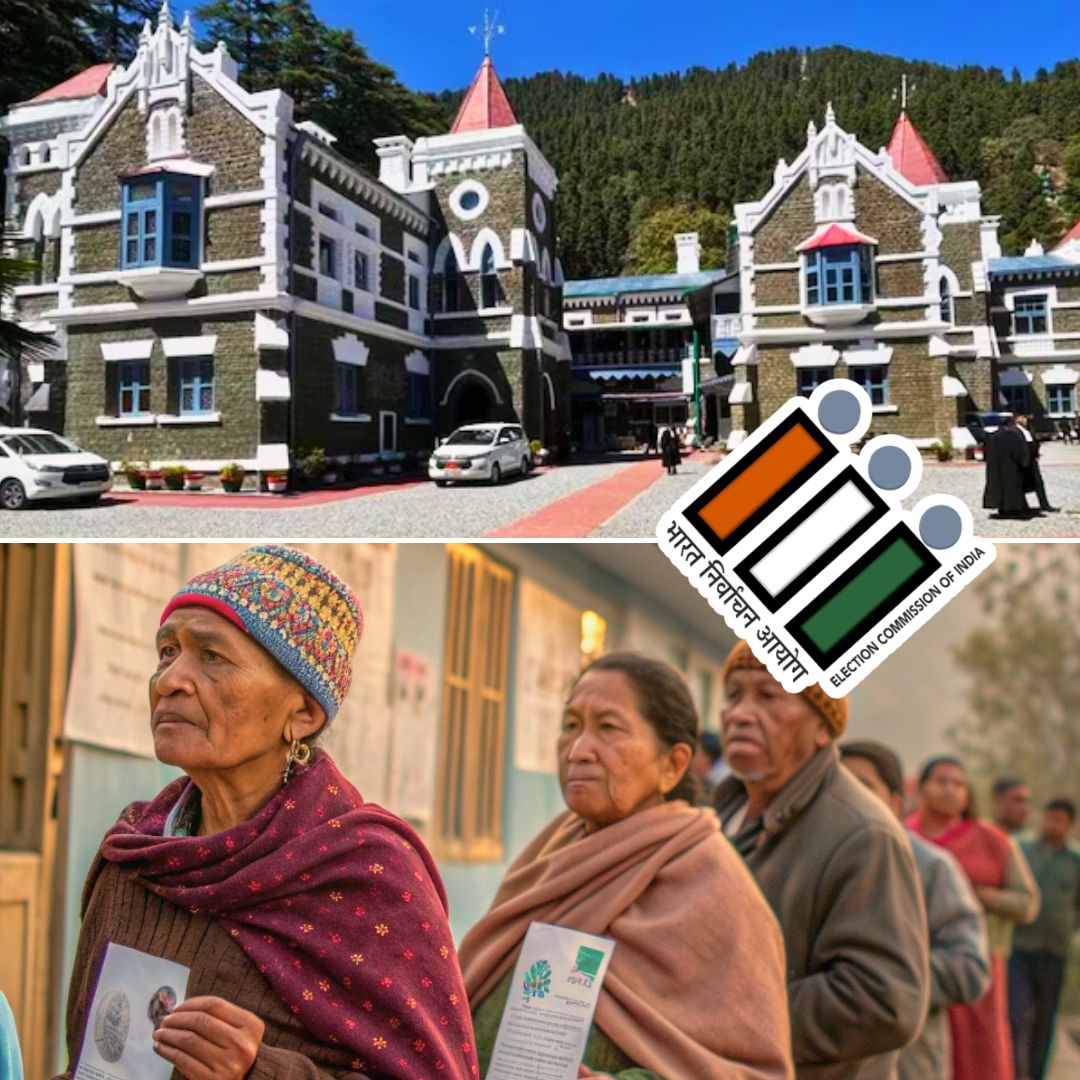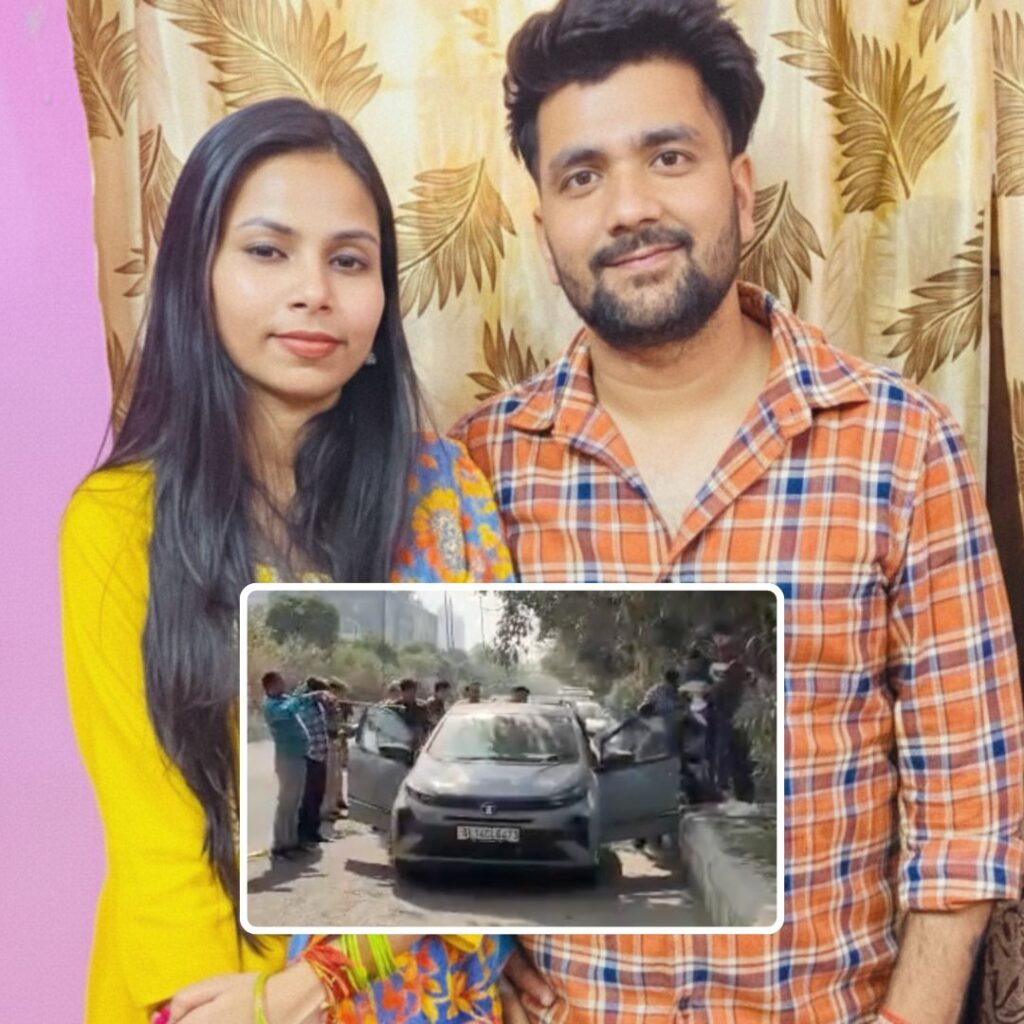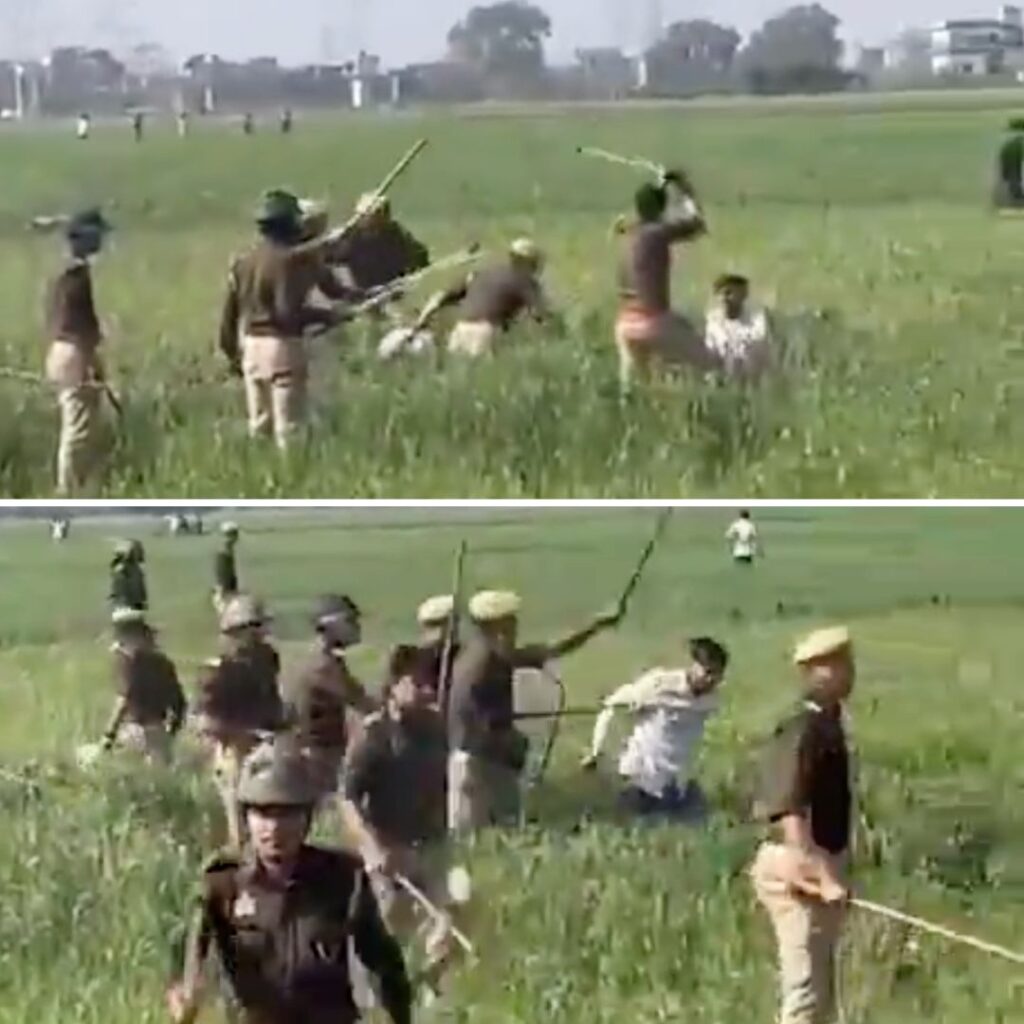The Uttarakhand High Court has issued strong observations emphasising that elections are the cornerstone of democracy, and it is imperative that they are conducted in a free, fair, and transparent manner to ensure every vote holds value.
This ruling comes amid the court’s probe into electoral irregularities ahead of the upcoming Panchayat elections, particularly concerning voter list duplications and candidates featuring on multiple electoral rolls.
Directing the State Election Commission (SEC) to provide a comprehensive report on these issues, the court has temporarily stayed the SEC’s decision that allowed dual registration candidates to contest polls, terming it a breach of democratic principles.
Election officials have reaffirmed their commitment to uphold electoral integrity, while political representatives and civil society organisations have welcomed the judiciary’s stance as a crucial step to preserve voter confidence and strengthen democratic governance.
Court Throws Spotlight on Electoral Fairness and Voter List Integrity
The Uttarakhand High Court has taken a firm position against electoral malpractices that threaten the credibility of elections. The court’s recent rulings highlighted serious concerns over voter list duplications, where individuals were found registered in multiple constituencies simultaneously, a situation that undermines the principle of ‘one person, one vote’.
The bench, led by Chief Justice G. Narendar and Justice Alok Mahra, explicitly affirmed that elections, regarded as the “lifeline of democracy,” cannot tolerate such anomalies.
The court stayed the State Election Commission’s directive permitting candidates with dual voter registrations to participate in the Panchayat elections, stating this violates section 18 of the Uttarakhand Panchayati Raj Act, which prohibits dual enrolments.
The judges underscored the necessity for electoral rolls to be accurate and for candidacy eligibility to be unambiguous, reflecting the judiciary’s resolve to prevent further erosion of public trust in the democratic process.
Electoral Challenges: Historical and Political Context
The High Court’s stern stance on these electoral issues arrives following a period marked by repeated challenges to the integrity of local elections in Uttarakhand. Earlier in 2025, the court temporarily halted Panchayat elections due to the State Government’s failure to adhere to reservation guidelines a move that spotlighted systemic lapses in election management.
Voter list inaccuracies and administrative oversights have long plagued Uttarakhand’s electoral landscape, raising concerns about transparency and fairness.
Given the state’s sizeable electorate over 47 lakh voters participate in Panchayat polls the accuracy of voter registries and the fairness of candidate eligibility criteria are crucial to maintaining the democratic mandate.
Electoral experts note that without stringent judicial oversight and legal enforcement, such procedural gaps can be exploited, ultimately eroding voter confidence and the legitimacy of elected bodies.
The Logical Indian’s Perspective
At The Logical Indian, we recognise that free, fair, and transparent elections are not merely administrative routines but foundational to social harmony, justice, and democracy itself. The Uttarakhand High Court’s robust reminder about the sanctity of the voting process underscores a vital truth: democracy thrives when every citizen’s vote is respected and counted without compromise.
We believe that electoral integrity is a collective responsibility encompassing election officials, political parties, civil society, and the voters themselves. In a world where misinformation and electoral interference increasingly threaten democratic institutions, judicial vigilance becomes indispensable in promoting peace, empathy, and coexistence through credible governance structures.
Holding elections that genuinely reflect the will of the people strengthens social trust and unites diverse communities under shared democratic ideals. We applaud the court’s efforts to protect these principles and encourage readers to engage actively in electoral processes, staying informed and holding institutions accountable. As responsible citizens and stakeholders in democracy, what innovative approaches or civic actions do you think can ensure the purity and inclusivity of elections in Uttarakhand and across India?











